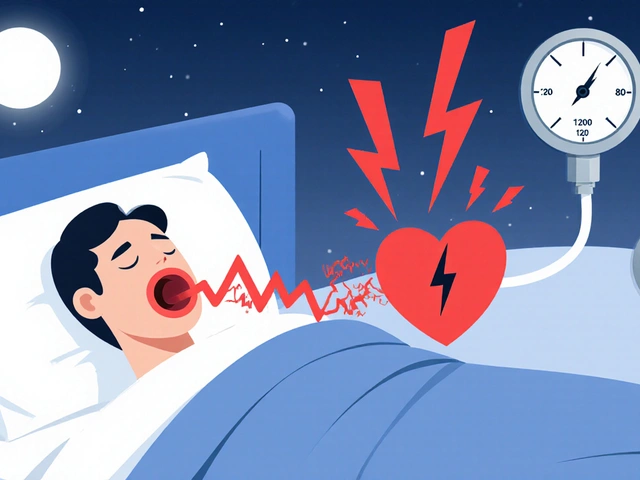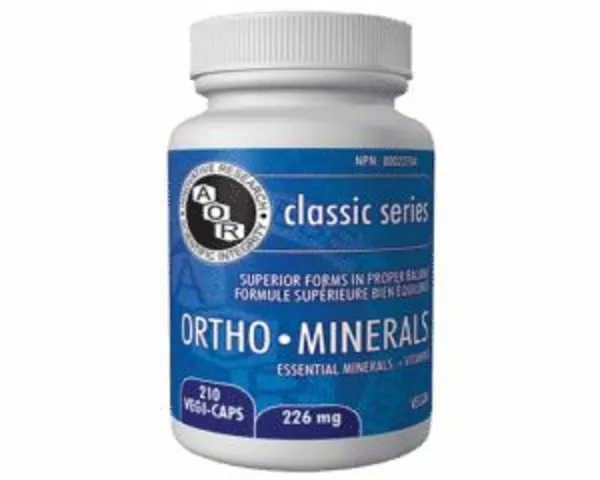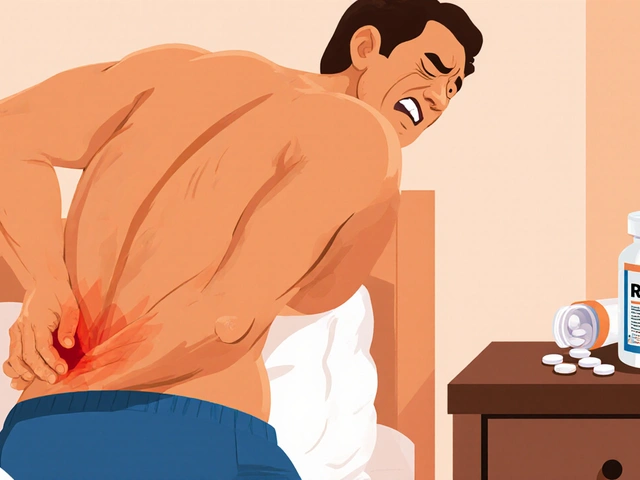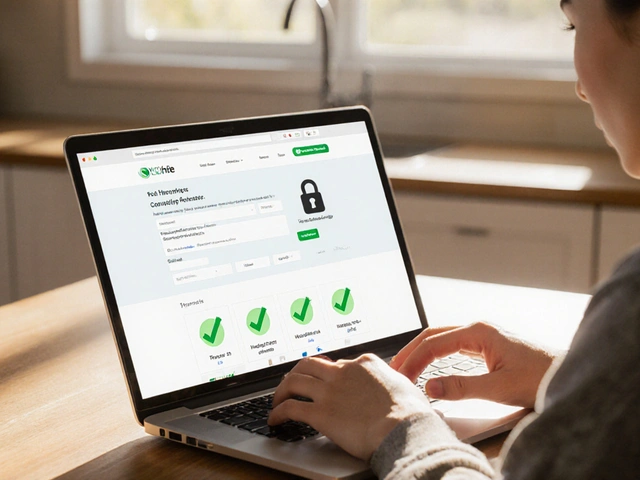Understanding Bladder and Urinary Incontinence
Before diving into the role of diet and hydration in managing bladder and urinary incontinence symptoms, it's important to first understand what these conditions are. Bladder and urinary incontinence refer to the involuntary leakage of urine, which can be caused by a variety of factors, such as weakened pelvic floor muscles, nerve damage, or an overactive bladder. This can be an embarrassing and inconvenient issue for many individuals, but fortunately, there are steps we can take to manage and improve these symptoms.
Importance of Hydration in Managing Incontinence
One of the key factors in managing bladder and urinary incontinence symptoms is maintaining proper hydration. Drinking enough water throughout the day helps to keep our urinary system functioning properly and can actually reduce the risk of incontinence. When we're dehydrated, our urine becomes more concentrated, which can irritate the bladder and cause it to spasm, leading to incontinence symptoms. It's important to aim for drinking six to eight cups of water per day, but this can vary depending on individual needs and activity levels.
Foods to Avoid for Better Bladder Control
There are certain foods and beverages that can irritate the bladder and worsen incontinence symptoms. Some common culprits include caffeine, alcohol, citrus fruits, and spicy foods. It's also a good idea to avoid artificial sweeteners, as they can have a negative impact on bladder function. Instead of consuming these bladder irritants, try to focus on incorporating more bladder-friendly foods into your diet, such as whole grains, lean proteins, and fresh fruits and vegetables.
Increasing Fiber Intake to Prevent Constipation
Constipation can put extra pressure on the bladder, leading to increased incontinence symptoms. To prevent this, it's crucial to consume a diet rich in fiber. Aim for 25 to 30 grams of fiber per day, and try to include a variety of fiber sources in your diet, such as whole grains, fruits, vegetables, and legumes. In addition to helping with constipation, a high-fiber diet can also improve overall digestive health and may even help with weight management, which can be beneficial for incontinence sufferers.
Managing Weight for Improved Bladder Control
Carrying excess weight, especially around the abdomen, can put additional pressure on the bladder and pelvic floor muscles, worsening incontinence symptoms. By maintaining a healthy weight through a balanced diet and regular exercise, we can help to alleviate some of this pressure and improve bladder control. Focus on incorporating nutrient-dense, whole foods into your diet and engage in regular physical activity, such as walking, swimming, or yoga, to help manage your weight and strengthen the pelvic floor muscles.
Identifying and Managing Food Triggers
Each person is unique, and as such, the foods that irritate one person's bladder might not have the same effect on another. It's important to pay attention to your body and identify any specific foods or beverages that may be worsening your incontinence symptoms. Keep a food diary to track what you eat and drink, and note any changes in your symptoms. This can help you pinpoint potential triggers and make dietary adjustments accordingly to better manage your incontinence.
Consulting with a Healthcare Professional
While making dietary and hydration adjustments can be incredibly helpful in managing bladder and urinary incontinence symptoms, it's always a good idea to consult with a healthcare professional for personalized advice and support. They can provide guidance on specific dietary changes, recommend exercises to strengthen the pelvic floor muscles, and discuss other treatment options that may be appropriate for your situation. Remember, you don't have to suffer in silence - there are resources and support available to help you regain control over your bladder and improve your quality of life.
16 Comments
Crystal Magnant
May 14, 2023 AT 12:06 PM
Caffeine is my kryptonite. One cup of coffee and I'm racing to the bathroom. Switched to herbal tea and life changed. Still miss the taste but not the panic.
Danie Joy
May 14, 2023 AT 15:27 PM
They say water helps but have you ever wondered if the government is secretly pumping fluoride into the water to make us pee more? I think this is all a distraction from bigger issues like 5G and bladder surveillance drones. I stopped drinking tap water after reading a blog in 2017. Still leaking but now I'm suspicious.
Katherine Stapp
May 14, 2023 AT 15:44 PM
This is why America is falling apart. We used to have discipline. Now people want to fix their bladders with kale and yoga instead of just wearing pads like normal people. We don't need diet hacks, we need stronger willpower. And stop calling it 'incontinence'-it's just weakness.
Frank De Silva
May 15, 2023 AT 07:57 AM
The notion that hydration improves bladder control is a bourgeois myth perpetuated by wellness influencers. My urologist told me the real issue is pelvic floor neuroplasticity, not water intake. And please, don't even get me started on fiber. The entire modern diet is a lie. I eat meat, salt, and silence.
KJ Miller
May 15, 2023 AT 23:35 PM
I'm so glad someone finally put this together clearly. I was terrified to talk about this but reading this made me feel less alone. Small changes like cutting out soda and adding more beans really added up for me. It’s not perfect but it’s better. Keep going, you’ve got this.
Claire Battista
May 16, 2023 AT 02:02 AM
I’ve been doing the food diary thing for 3 months now. Turns out chocolate is my trigger-not coffee, not citrus. Who knew? It’s weird how personal this stuff is. Just because it works for someone else doesn’t mean it’ll work for you. Be patient with yourself.
Erin DeGroot
May 16, 2023 AT 06:19 AM
I remember the first time I realized I wasn’t alone in this. I was in the grocery store, holding a bag of cranberries, and I just started crying. No one noticed. But this article? It felt like someone finally saw me. Thank you for writing this. It’s not just medical advice-it’s a lifeline.
Stephanie Bryant
May 16, 2023 AT 11:51 AM
Hi! I’m a pelvic floor PT and I see this all the time. Water is #1. People think they’re helping by drinking less but they’re actually making their bladder cranky. Also, try magnesium citrate if you’re constipated-it’s a game changer. And yes, pineapple is fine. Citrus is the problem. Not all fruit!
Drashti patel
May 16, 2023 AT 12:08 PM
In India, we have a traditional drink called nimbu pani with black salt and mint. It’s cool, hydrating, and gentle on the bladder. I’ve been drinking it daily instead of tea. No more urgency after meals. Maybe it’s the mint? Or maybe it’s just the ritual. Either way, it works.
Kaitlin Crockett
May 16, 2023 AT 15:03 PM
Fiber helped me more than anything.
Tracy Blake
May 17, 2023 AT 08:32 AM
You know what’s really interesting? The way our society treats the body like a machine that can be fixed with the right app or smoothie. But the bladder? It’s not a phone. It’s not a car. It’s a living, breathing, emotional organ that remembers every time you held it in during a meeting or laughed too hard at a party. We don’t just need diet changes-we need to stop shaming ourselves for having bodies that aren’t perfect. I used to think I was broken. Now I think I’m just human. And that’s okay.
Leo Lee
May 17, 2023 AT 21:14 PM
This is why the West is weak. In my country, we don’t talk about bladder issues. We just hold it. We don’t drink water like it’s a religion. We drink tea. We endure. You want control? Stop whining and start training your bladder like a soldier. No excuses.
Isabel Piaggi
May 18, 2023 AT 18:57 PM
i tried cutting out everything on the list and ended up eating nothing but rice and chicken for two weeks and still leaked at night. i think its more about timing than food. i learned to go right before bed and right after waking up. that helped more than any diet. also i stopped wearing tight jeans. who knew?
Tom McInnes
May 19, 2023 AT 11:44 AM
Adequate hydration is indeed foundational. However, individual variation in renal threshold and bladder capacity must be considered. A one-size-fits-all approach is clinically unsound.
Michael Herr
May 20, 2023 AT 05:05 AM
Tom makes a good point. I used to follow the 8-glasses rule until my doctor told me my body just doesn’t need that much. Now I drink when I’m thirsty and it’s been perfect. No more midnight races to the bathroom.





Michael Herr
May 14, 2023 AT 08:01 AM
I used to think drinking less water would help with leaks, but it made everything worse. Starting to drink more water actually reduced my accidents. It's not magic, just biology.
Stick with it.